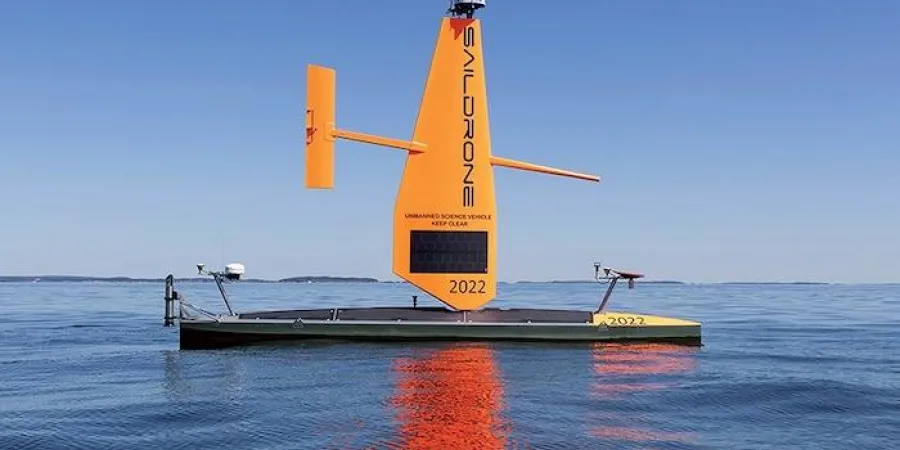The United States, Britain, Saudi Arabia, and Bahrain Want to Operate USVs in the Persian Gulf
These are small unmanned boats equipped with electronic equipment that sail using solar and wind energy. Larger vessels of this type are powered by diesel engines
Dan Arkin
| 04/03/2024
Units from the navies of the United States, Britain, Saudi Arabia, and Bahrain, recently conducted two naval drills that examined the multinational operation of unmanned surface vehicles (USVs) in the Persian Gulf.
These are small unmanned boats equipped with electronic equipment that sail using solar and wind energy. Larger vessels of this type are powered by diesel engines.
According to the UK Defence Journal, seven warships of various types from four navies participated in the drills, which included the possibility of operating large groups of such robotic boats, serving as "eyes and ears" for large warships sailing in the Gulf waters, while the unmanned vessels gather intelligence and transmit the information directly to command ships and shore commands.
The drills were held off the coast of Saudi Arabia, and the possibility of exploiting the fact that unmanned boats like these can remain at sea for long periods, almost indefinitely under sunny conditions, was examined. They could utilize sensors and electronic equipment for intelligence gathering.
As it turns out, the vessels identified and detected various entities in the Gulf waters and transmitted the information to operation rooms available to decision-makers.
These are small unmanned boats equipped with electronic equipment that sail using solar and wind energy. Larger vessels of this type are powered by diesel engines
Units from the navies of the United States, Britain, Saudi Arabia, and Bahrain, recently conducted two naval drills that examined the multinational operation of unmanned surface vehicles (USVs) in the Persian Gulf.
These are small unmanned boats equipped with electronic equipment that sail using solar and wind energy. Larger vessels of this type are powered by diesel engines.
According to the UK Defence Journal, seven warships of various types from four navies participated in the drills, which included the possibility of operating large groups of such robotic boats, serving as "eyes and ears" for large warships sailing in the Gulf waters, while the unmanned vessels gather intelligence and transmit the information directly to command ships and shore commands.
The drills were held off the coast of Saudi Arabia, and the possibility of exploiting the fact that unmanned boats like these can remain at sea for long periods, almost indefinitely under sunny conditions, was examined. They could utilize sensors and electronic equipment for intelligence gathering.
As it turns out, the vessels identified and detected various entities in the Gulf waters and transmitted the information to operation rooms available to decision-makers.



